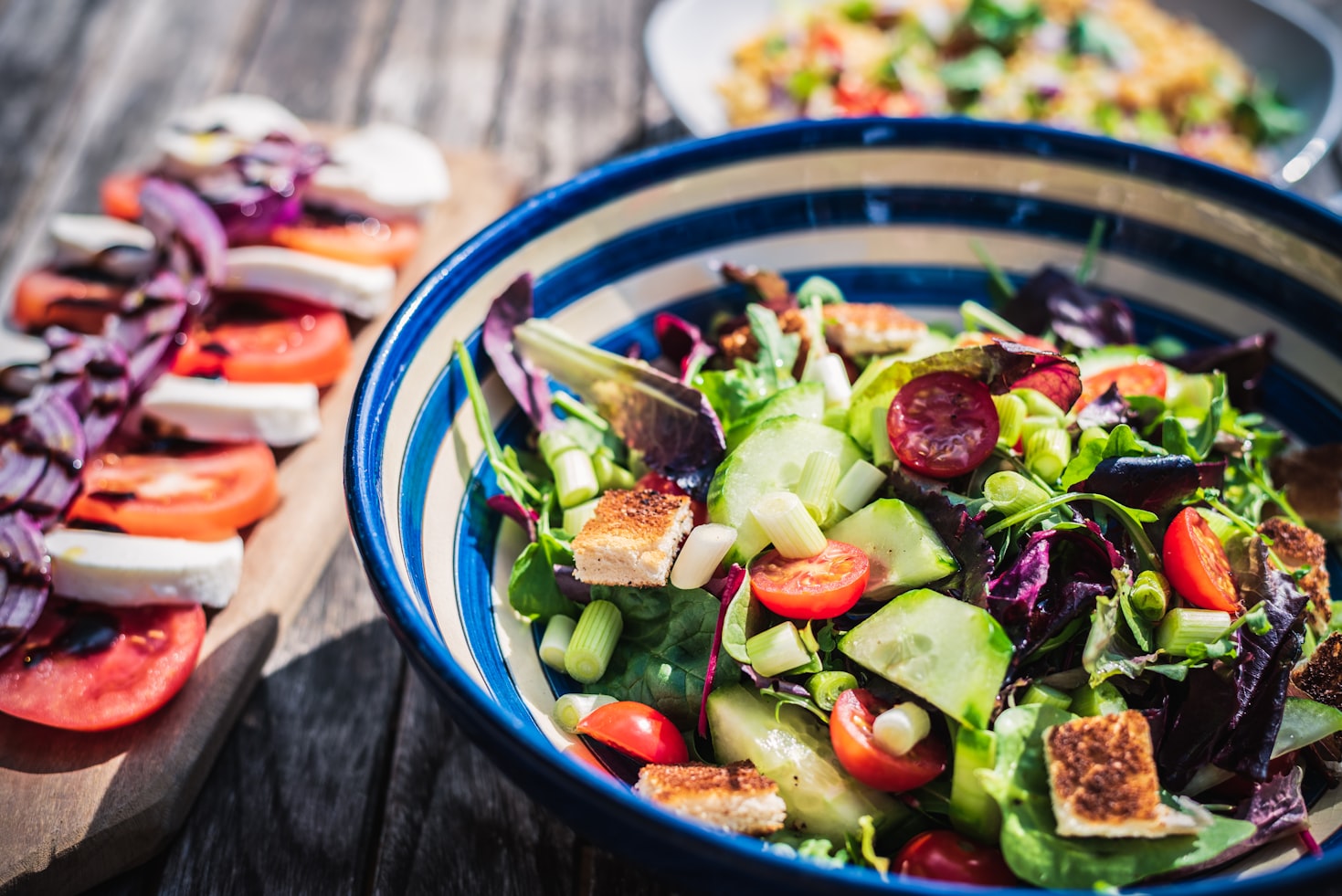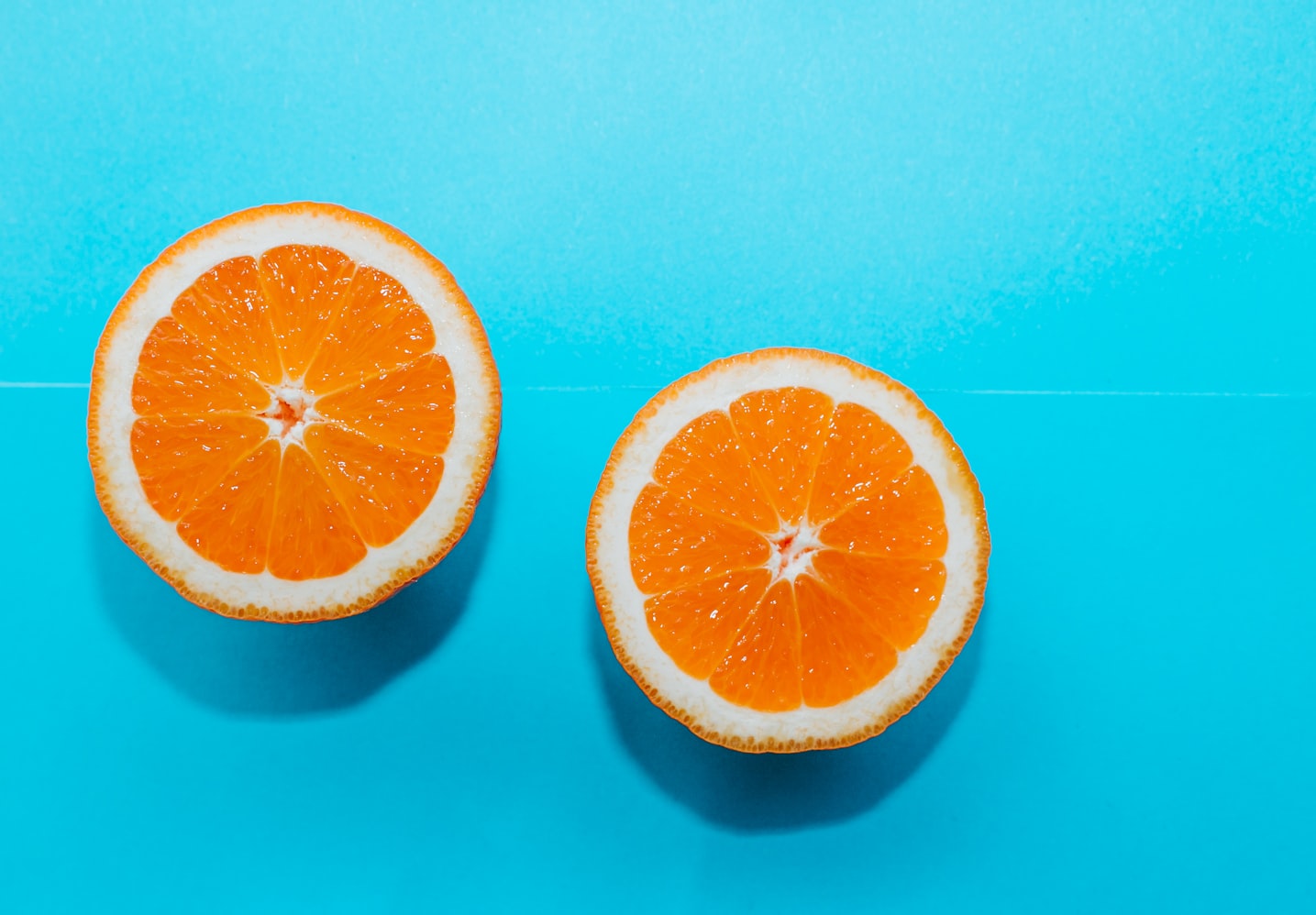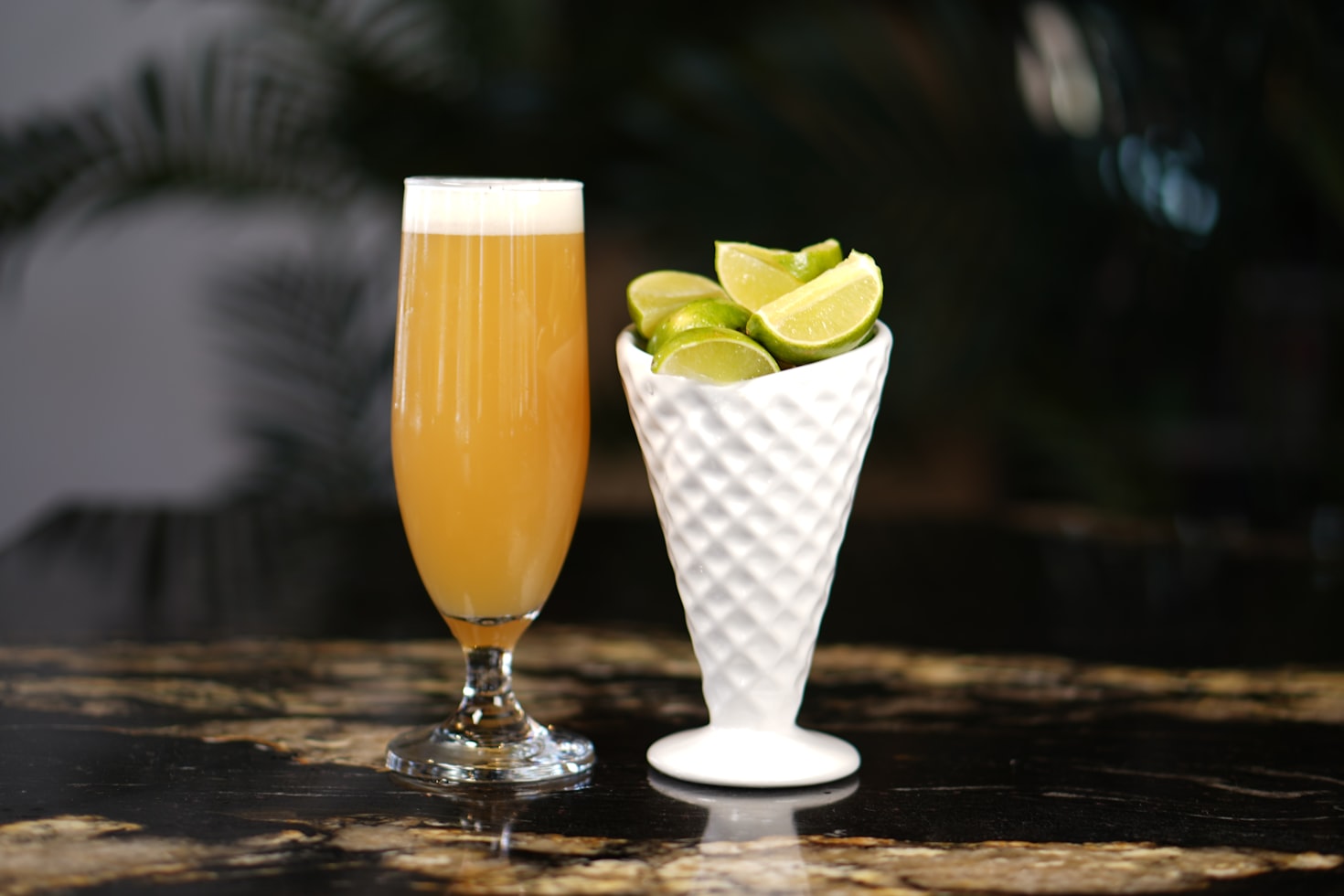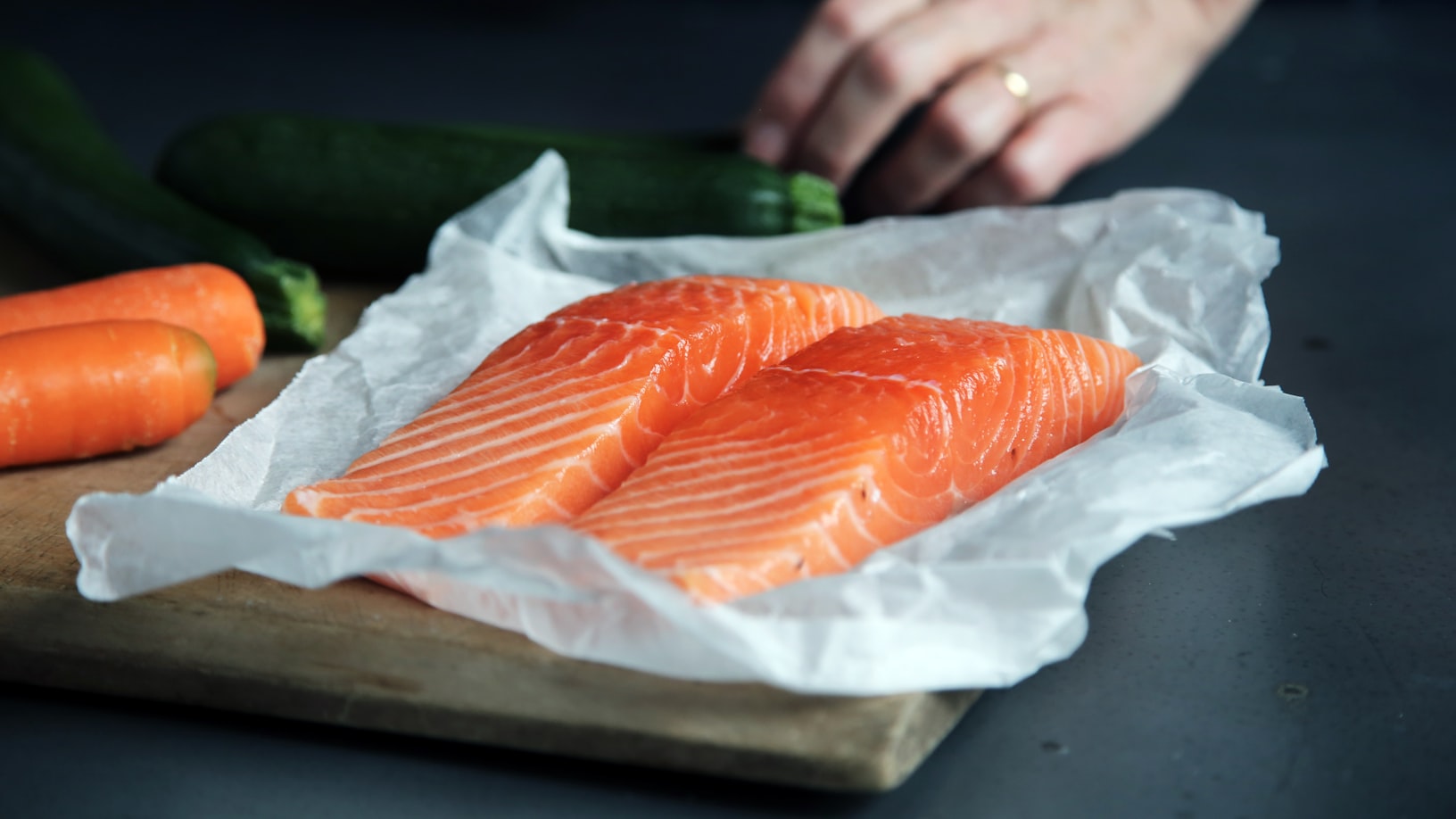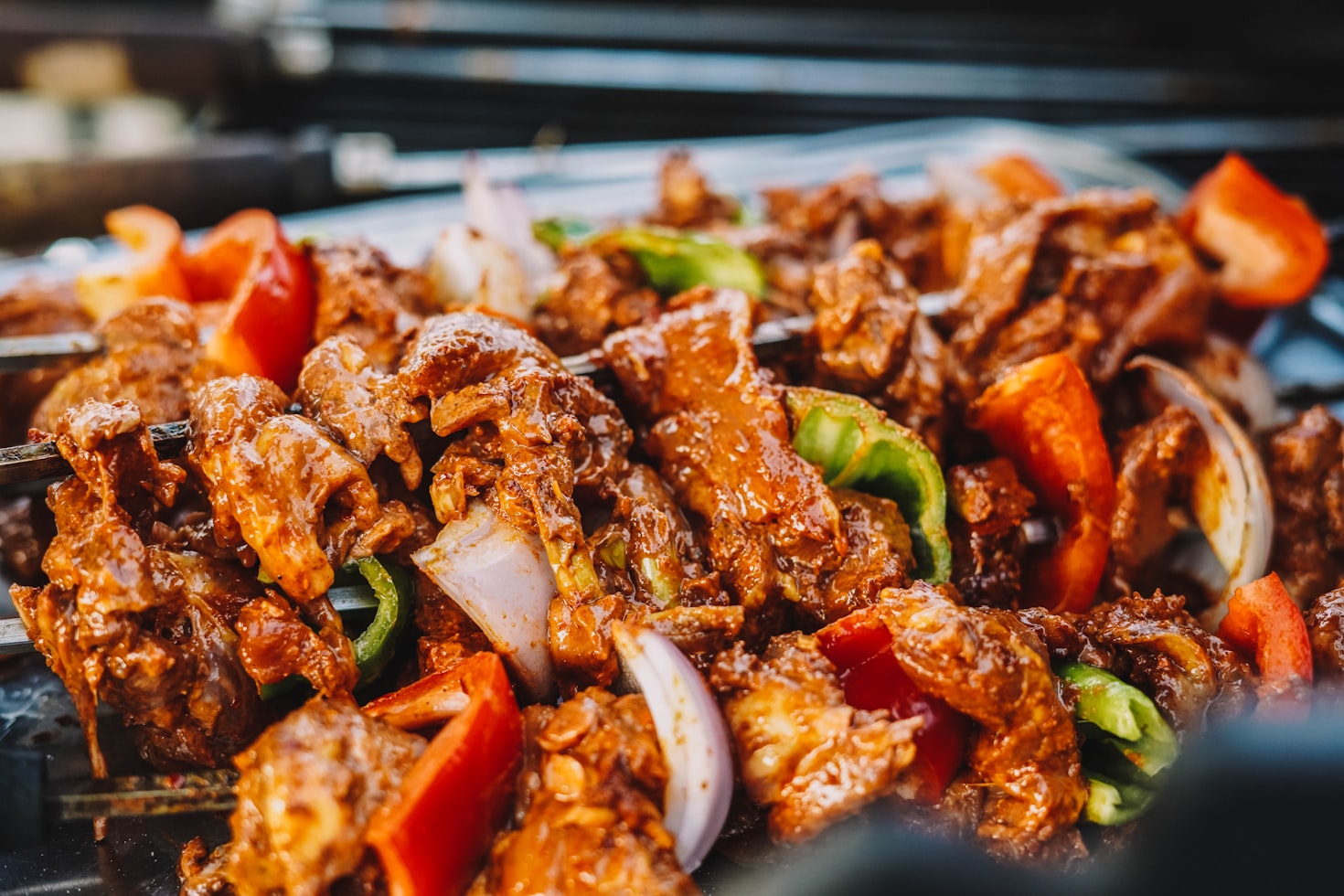Best Fiber For Keto
The ketogenic diet, or keto diet, is a low-carb, high-fat diet that has gained popularity for its potential health benefits, including weight loss and improved blood sugar control. While the focus of the keto diet is on reducing carbohydrate intake, it is important to ensure an adequate intake of fiber to support digestive health and overall well-being. In this article, we will explore the best sources of fiber for those following a keto diet and discuss their benefits.
The Importance of Fiber on a Keto Diet
Fiber is a type of carbohydrate that is not digested by the body. Instead, it passes through the digestive system relatively intact, providing a range of health benefits. On a keto diet, where carbohydrate intake is limited, it can be challenging to meet the recommended daily intake of fiber, which is around 25 grams for women and 38 grams for men.
Getting enough fiber is crucial for several reasons:
- Improved Digestive Health: Fiber adds bulk to the stool, promoting regular bowel movements and preventing constipation. It also feeds the beneficial bacteria in the gut, supporting a healthy gut microbiome.
- Weight Management: High-fiber foods are generally more filling and can help control appetite, leading to reduced calorie intake and potential weight loss.
- Blood Sugar Control: Fiber slows down the absorption of sugar into the bloodstream, preventing spikes in blood sugar levels. This can be particularly beneficial for individuals with diabetes or insulin resistance.
- Heart Health: Certain types of fiber, such as soluble fiber, have been shown to lower cholesterol levels and reduce the risk of heart disease.
The Best Sources of Fiber for Keto
While many high-fiber foods are also high in carbohydrates, there are several keto-friendly options that can help you meet your fiber needs without compromising your carb intake. Here are some of the best sources of fiber for those following a keto diet:
1. Chia Seeds
Chia seeds are an excellent source of fiber, with around 10 grams of fiber per ounce (28 grams). They are also rich in omega-3 fatty acids, which have been shown to have numerous health benefits, including reducing inflammation and improving heart health. Chia seeds can be added to smoothies, yogurt, or used as a topping for salads or desserts.
2. Flaxseeds
Flaxseeds are another great source of fiber, providing around 7 grams of fiber per ounce (28 grams). They are also high in omega-3 fatty acids and have been associated with a reduced risk of heart disease and improved digestive health. Ground flaxseeds can be added to baked goods, oatmeal, or used as a coating for meats or fish.
3. Avocado
Avocado is a versatile fruit that is not only high in healthy fats but also a good source of fiber. One medium-sized avocado contains around 9 grams of fiber. Avocado can be enjoyed on its own, added to salads, or used as a substitute for butter or mayonnaise in recipes.
4. Coconut Flour
Coconut flour is a low-carb, gluten-free alternative to traditional wheat flour. It is high in fiber, with around 10 grams of fiber per ounce (28 grams). Coconut flour can be used in baking recipes, such as bread, muffins, and pancakes, to increase the fiber content.
5. Vegetables
Non-starchy vegetables are an excellent source of fiber and essential nutrients while being low in carbohydrates. Some keto-friendly vegetables that are high in fiber include broccoli, cauliflower, Brussels sprouts, and spinach. These vegetables can be enjoyed roasted, steamed, or sautéed as a side dish or added to salads and stir-fries.
6. Nuts and Seeds
Nuts and seeds, such as almonds, walnuts, and sunflower seeds, are not only rich in healthy fats but also provide a good amount of fiber. They can be enjoyed as a snack or added to salads, yogurt, or keto-friendly baked goods.
Frequently Asked Questions (FAQ)
1. Can I get enough fiber on a keto diet?
While the keto diet is low in carbohydrates, it is still possible to meet your fiber needs by incorporating high-fiber, low-carb foods into your meals. The sources mentioned above, such as chia seeds, flaxseeds, and non-starchy vegetables, can help you achieve an adequate fiber intake.
2. How much fiber should I aim for on a keto diet?
The recommended daily intake of fiber is around 25 grams for women and 38 grams for men. However, individual needs may vary, so it is important to listen to your body and adjust your fiber intake accordingly.
3. Can fiber kick me out of ketosis?
Fiber is not digested by the body and does not significantly impact blood sugar levels or insulin response. Therefore, it does not typically kick you out of ketosis. However, it is important to be mindful of the total carbohydrate content of your meals, including fiber, to stay within your desired carb limit.
4. Can I take fiber supplements on a keto diet?
Fiber supplements can be a convenient way to increase your fiber intake on a keto diet. However, it is important to choose supplements that are low in carbohydrates and do not contain added sugars or artificial ingredients. Always consult with a healthcare professional before starting any new supplements.
5. Can fiber help with keto flu symptoms?
Keto flu refers to a collection of symptoms that some people experience when transitioning to a keto diet. While fiber itself may not directly alleviate keto flu symptoms, it can support overall digestive health and regular bowel movements, which may indirectly contribute to a more comfortable transition.
6. Are there any risks associated with consuming too much fiber on a keto diet?
Consuming excessive amounts of fiber can lead to digestive discomfort, such as bloating, gas, and diarrhea. It is important to gradually increase your fiber intake and drink plenty of water to help prevent these symptoms. If you experience persistent digestive issues, it is advisable to consult with a healthcare professional.
Summary
While the keto diet focuses on reducing carbohydrate intake, it is essential to include adequate fiber to support digestive health and overall well-being. Chia seeds, flaxseeds, avocado, coconut flour, non-starchy vegetables, and nuts and seeds are excellent sources of fiber for those following a keto diet. By incorporating these fiber-rich foods into your meals, you can enjoy the benefits of a keto diet while maintaining
